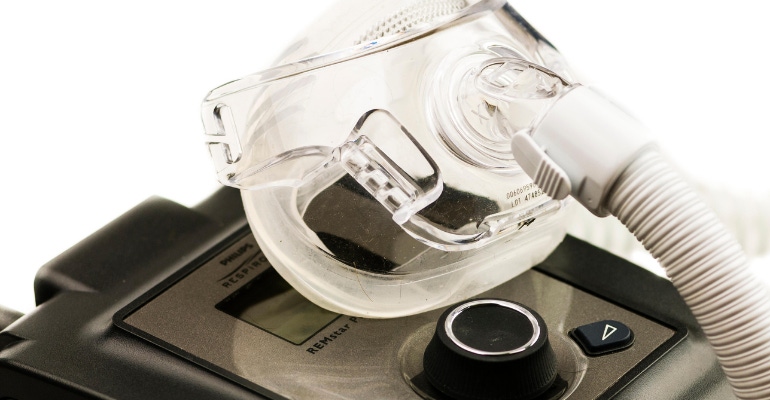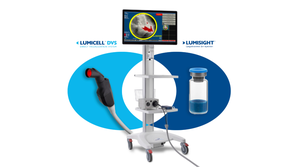The agency may order the company to submit a plan for the repair, replacement, or refund of the purchase price of its recalled respiratory devices.
May 4, 2022

It's been 11 months since Philips initiated a massive recall involving millions of breathing-assistance machines, and FDA appears ready to turn up the heat on the company.
FDA's Center for Devices and Radiological Health (CDRH) this week proposed that the agency issue an order to submit a plan for the repair, replacement, or refund of the purchase price of the recalled devices manufactured after November 2015. Philips has an opportunity for an informal hearing before FDA determines whether to issue such an order. The proposed order would be in addition to FDA's previous action in March, which required Philips to notify customers of the recall and the health risks presented by the recalled devices.
Attempts to reach Philips for comment on this story were unsuccessful. The story will be updated if and when the company responds to MD+DI's request for comment.
Philips Respironics voluntarily recalled certain ventilators, bi-level positive airway pressure (also known as Bilevel PAP, BiPap, or BPAP), and continuous positive airway pressure (CPAP) machines due to potential health risks. The polyester-based polyurethane foam used in the medical devices to lessen sound and vibration can break down. If this occurs, black pieces of foam, or certain chemicals that are not visible, could be breathed in or swallowed by the person using the device.
CDRH said these issues could potentially result in serious injury, cause permanent impairment, and require medical intervention to prevent permanent injury to users. Additionally, the foam damage may get worse in hot and humid settings and by using ozone or ultraviolet (UV) light cleaners or other cleaning methods not recommended by the manufacturer. In December 2021, Philips Respironics initiated a recall of certain Trilogy Evo ventilators with specific serial numbers, also related to the potential health risks posed by the polyester-based polyurethane foam.
Last year, after the June recall was initiated, an FDA inspection of the company's Murrysville, PA-based facility revealed that Philips may have known about the foam degradation issues for years. The FDA investigator made several observations that are outlined in an inspection closeout report (also known as an FDA Form 483). An FDA investigator’s list of inspection observations does not constitute a final FDA determination of whether any condition is in violation of federal regulations.
The investigator's report also points out that around Nov. 25, 2015, Philips was aware of a preventative maintenance servicing procedure implemented by another Philips entity on Trilogy ventilator products regarding foam degradation issues and complaints in the field. However, Philips Respironics either did not perform or did not document any further investigation, health hazard evaluation, risk analysis, or design review of the issue. The company did, however, provide the investigator with an email that the other Philips entity sent on Nov. 25, 2015, detailing the preventative maintenance procedure and timeline.
The investigator also noted on the report that there were at least 14 instances between April 1, 2016 and Jan. 22, 2021, where Philips Respironics was aware of potential foam degradation problems with various sleep and respiratory care devices, but the firm did not perform an adequate risk analysis within an appropriate time frame.
About the Author(s)
You May Also Like




